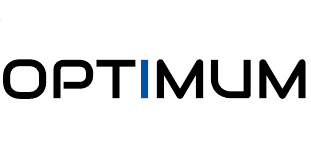Collaborative Object Recognition for Parking Management
The number of vehicles is constantly increasing and one of the challenges is efficient parking management. For this case, object recognition is required to detect and recognize cars, pedestrians, bicycles and obstacles in an indoor car parking. Cars must be recognized in order to indicate to drivers where to park their car, providing a semantic web of things. Vehicle recognition including car registration number must be followed by tracking, i.e., tracking the car in all subsequent image frames even if the image is partially obturated. Pedestrians should also be recognized for avoiding accidents, as well as being aware of different static objects/obstacles. This paper deals with object recognition through the Deep Learning (DL) method with Convolutional Neural Network (CNN), this being the newest and most efficient method based on our results in project VIRTUOSE (Virtualized Video Services). The paper briefly introduces CNN, image databases, and performance metrics. Then, several collaborative web methods/programs for object recognition are analyzed and compared, namely YOLO (You only look once), Google Cloud Vision, Advanced Convolutional Neural Networks in the Tensorflow framework and OpenCV. We analyze how programs detect and recognize multiple types of objects in an image or video, in real time. In case of video analysis on a PC / laptop, it is necessary that it has an NVIDIA module with several GPUs. The comparison refers especially to the precision of recognition, image resolution, the computation time (real-time response), viewpoint variations. The novelty of the work is the special structure of CNN suitable to the parking management application
- Publisher IEEE
- Published in IEEE Xplore
- Date 11 / Apr / 19
- Place/Country Bucharest / Romania
- Name of Conference / Workshop / Event ELSE2019
- Type Presentation
- Author(s) Vasilescu, C., Beceanu, C., & Hussain, I.
